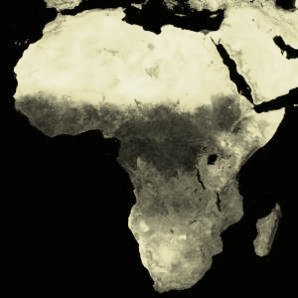
Egypt and Sudan are entangled in a number of conflicts:
– The border between the two states has not been defined. The Halayeb region, occupied by Egypt since 2000, is still claimed by Sudan. Upon Egypt’s surrender of the Tiran and Sanafir islands to Saudi Arabia, in 2016, the kingdom reportedly acknowledged Egypt’s sovereignty over Halayeb.
– Sudan is ruled by a branch of the Egyptian Muslim Brotherhood, now banned by Cairo. It has just signed a agreement with Turkey, current sponsor of the Brotherhood, for the opening of a large military base in addition to the one Turkey already established in Somalia.
– Last but not least, the conflict over the water of the Nile River, which mainly benefits Egypt by virtue of a British colonialization document which runs contrary to current international law.
Ethiopia is building the Great Renaissance dam, designed to generate enough energy to ensure its economic development. Sudan and Egypt fear that this project will deprive them of some of their water supply. In recent years, negotiations have failed. Suspecting Khartoum of partiality, Cairo, has called in vain for the World Bank to step in as mediator.
Presidents Abdel Fattah al-Sissi (Egypt) and Omar Hassan al-Bashir (Sudan) met with Ethiopian Prime Minister Hailemariam Desalegn on the sidelines of the African Union summit in Addis Ababa on 1 February 2018. The three men were all smiles in front of the cameras, with President al-Sisi asserting that they all spoke with the same voice in the name of the same people.
Egypt’s and Sudan’s fears that the dam will cut into their water supply have been dismissed in an unpublished study carried out by the French firms Artelia and BRL.
Notwithstanding, Egypt has secretly dispatched men to a United Arab Emirates military base located in Eritrea, while Sudan is amassing its troops at the Eritrean border and Ethiopia has been accusing Eritrea of staging terrorist actions to sabotage the dam construction site.

































Stay In Touch
Follow us on social networks
Subscribe to weekly newsletter